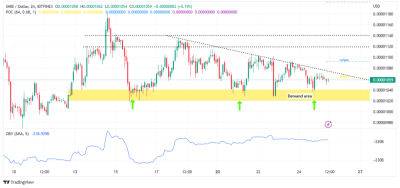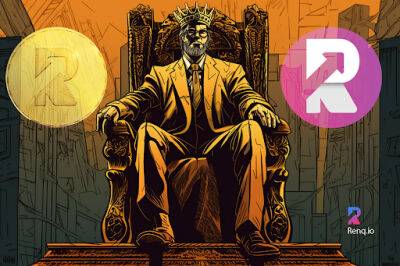Budget 2023: what it means for people on a range of incomes
2022/23 James, 24, works 35 hours a week for a cafe and is paid the minimum wage of £9.50 an hour, or £332.50 a week. From his annual wage of £15,960 he is left with £14,761, after tax (£678) and national insurance (£521) are both deducted.
2023/24 From April the minimum wage for over-23s in rises to £10.42 an hour. This means he now receives £364.70 a week or £17,506 a year. After tax and NI are deducted he is left with £15,926 – £1,165 more than the previous year.
2022/23 Helen earns the national average wage of £38,000 and pays £5,086 a year in income tax and a national insurance bill of £3,326. Her monthly take-home pay is £2,466 after tax, or £29,589 a year.
2023/24 Having had a good year, her employer has awarded her £4,000 – a 10.5% – pay rise. As a result her tax bill rises to £5,886 while she pays £3,532 NI. After a £4,000 pay rise, she is actually £2,995 a year net better off.
2022/23 Jane and Peter both were recently laid off by the pub they worked at when it suddenly closed, and are currently relying on benefits. They receive £194 a week in universal credit, £77/week in new-style jobseeker’s allowance each and £36.25 child benefit. Once council tax support is added, they receive a total of £390 a week, or £1,690 a month, of which almost half goes on rent. They also receive cost of living payments worth £650.
2023/24 The chancellor said last autumn that benefits would rise by 10.1%, meaning their benefits package is now worth an extra £39 a week or £169 a month. Their landlord has said he is raising their rent from £800 to £900 a month swallowing up most of the increase. Their cost of living payments rises to £900 to help with higher energy, food and other costs.
2022/23 The working parent, Sandra, pays £7,286
Read more on theguardian.com
















